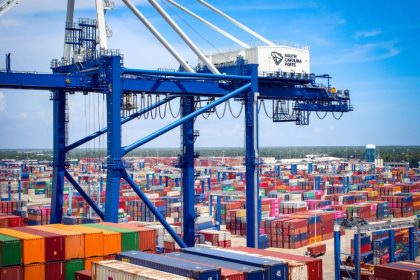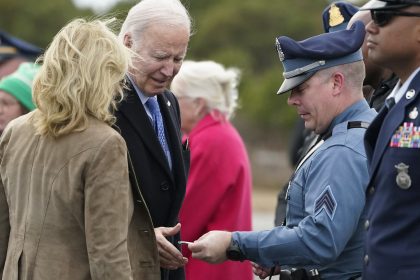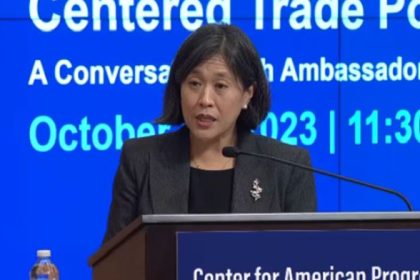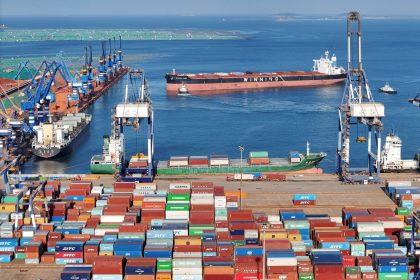Maritime Industry Asks Congress for Bailout During Coronavirus
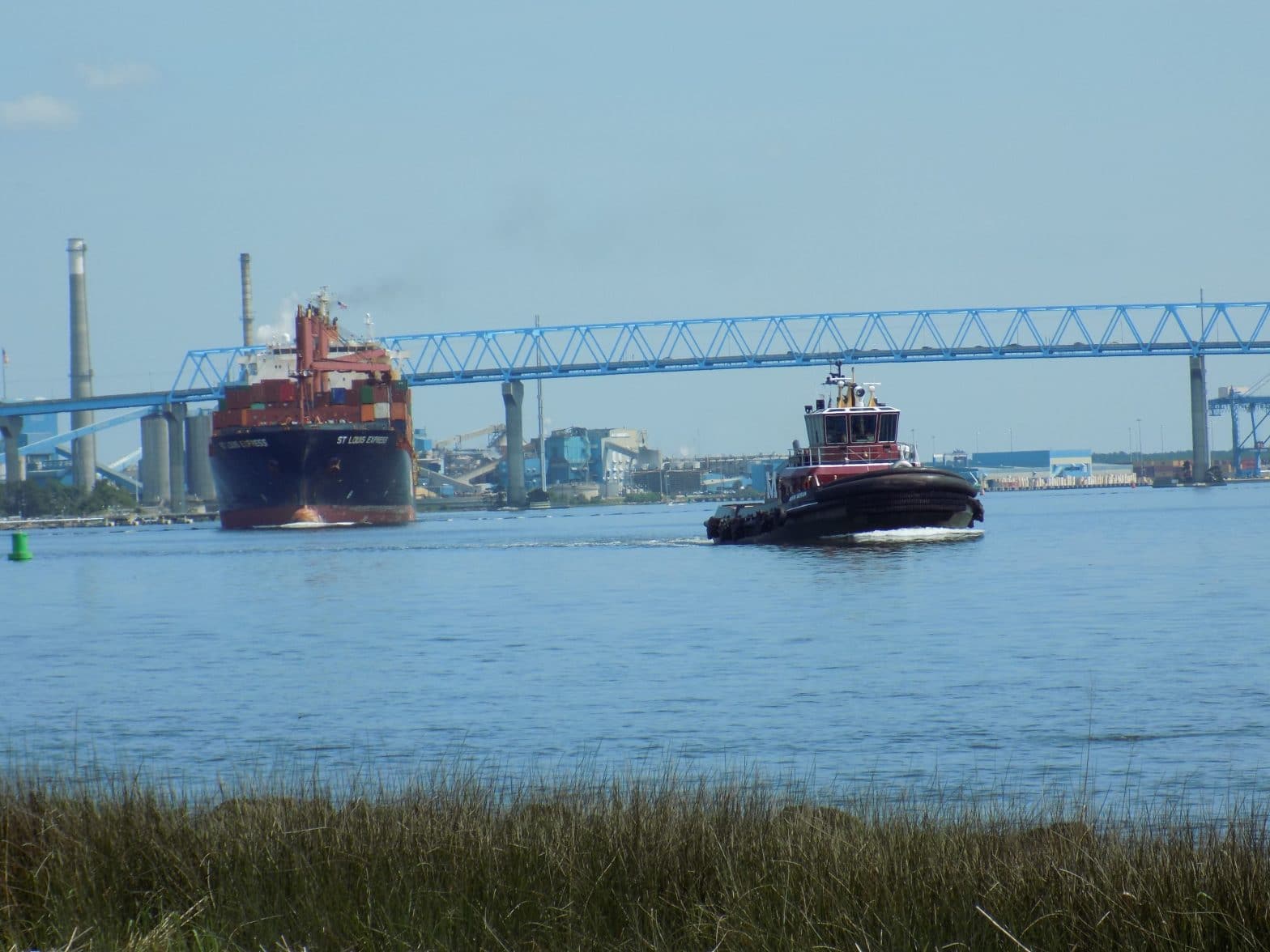
WASHINGTON – Representatives of the U.S. maritime industry asked Congress for an emergency bailout Friday as they described how coronavirus is hurting ports and shippers.
They are expecting their revenue to drop by as much as one-quarter below normal levels by mid-2020.
Rep. Peter DeFazio, an Oregon Democrat, called the financial threat to maritime ports and shippers “a pretty grim picture.”
“We have to take action,” DeFazio said during a hearing of the House Transportation and Infrastructure Committee.
He added, “This is a critical part of America’s supply chain.”
About $4.6 trillion of trade flows through the U.S. maritime system per year, according to U.S. government estimates.
Republicans on the committee, such as Rep. Robert Gibbs of Ohio, described the coronavirus pandemic as only one of several threats to the viability of ports. Infrastructure shortcomings and cyber-threats are other “new challenges” he mentioned.
Congress is considering another round of the Coronavirus Aid, Relief and Economic Security Act, also known as the CARES Act. The original $2 trillion bill approved in March included $500 billion in direct payments to Americans, $208 billion in loans to major industry and $300 billion in Small Business Administration loans.
The maritime industry is asking for $1.5 billion of any new CARES Act funds to shore up its losses while part of the U.S. economy has shut down in response to the pandemic.
“For ports, as for other industries, the future remains uncertain,” Christopher J. Connor, president of the American Association of Port Authorities, told the congressional committee.
Cruise lines are among the hardest hit by the downturn as vacationing passengers avoid the risk of contamination, Connor said.
“Tourism at our nation’s ports has completely evaporated,” he testified. “Indications are that certain South Atlantic seaports’ overall business is down between 50% to 80%.”
Shipments of oil, chemicals, coal and products shipped in containers also are down, Connor said.
“As automobiles have worked their way through the global supply chain following the shuttering of auto production facilities in the Americas, Europe, and Asia, we have seen major reductions in roll-on, roll-off cargos,” he said. “One west coast port has experienced a 90% reduction.”
Without government assistance, ports might be unable to help with economic recovery from the pandemic as they fail to keep up with their debt, Connor said.
“This request is not about recovering lost revenue,” he said.
Other warnings came from Jennifer Carpenter, president of the American Waterways Operators.
A failure to ensure the U.S. maritime remains financially strong is opening an opportunity for foreign competitors to take over their business, she said. Some of the toughest competition is coming from China.
“We need to ensure that our waterways are open for business,” she said.
She urged Congress to continue its support for the Merchant Marine Act of 1920, also known as the Jones Act. The federal statute regulates maritime commerce in a way intended to promote the U.S. merchant marine service.
Rep. Sean Maloney, a New York Democrat, said the U.S. maritime industry has always been fragile as it faces challenges from security, foreign competition and infrastructure.
“The pandemic only amplifies that risk,” he said.


















